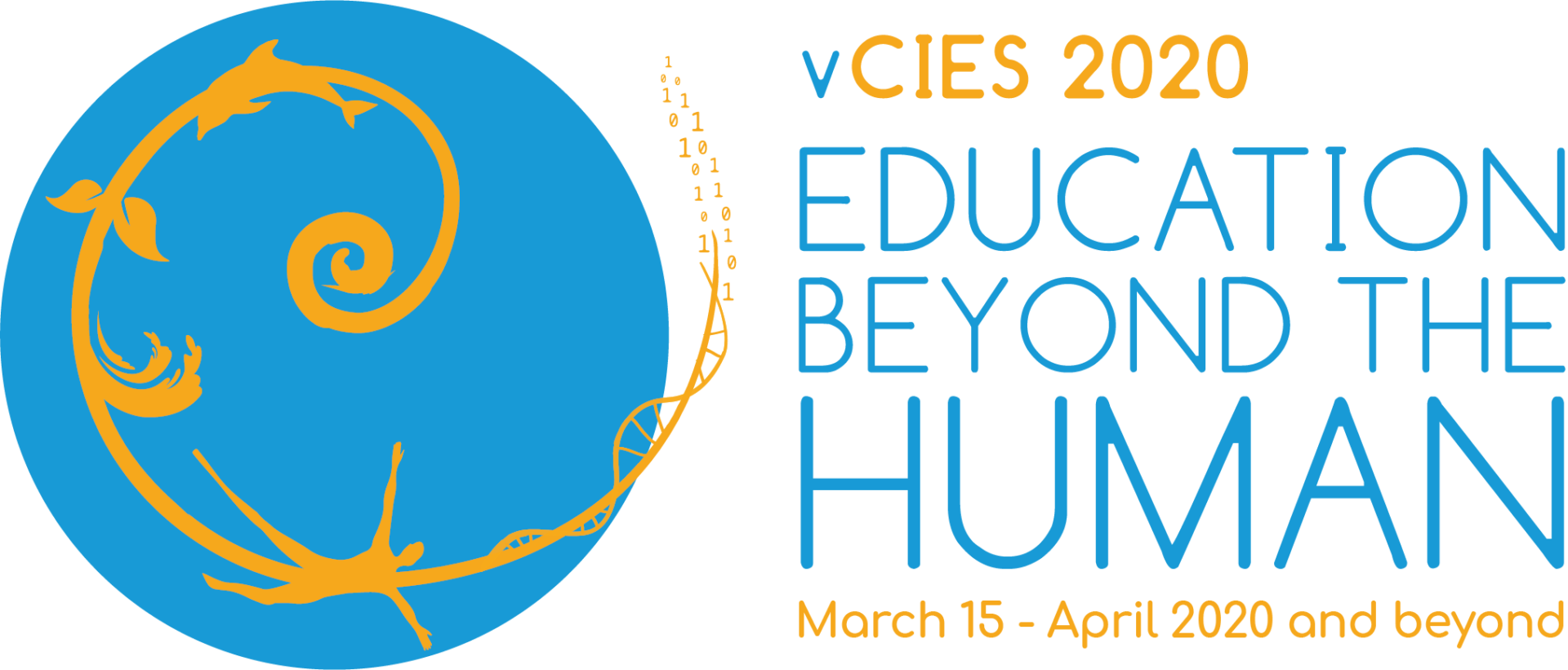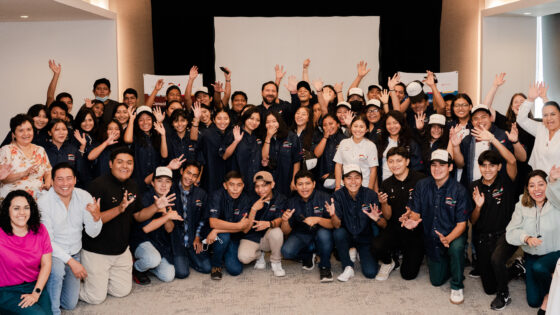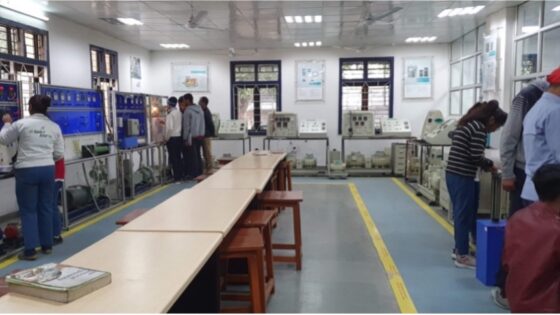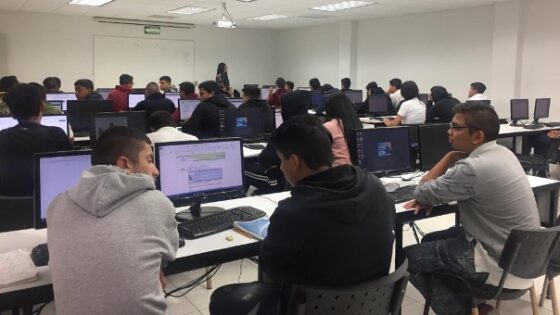
The Mexican model of dual formation 2013-2018: policy adoption and re-contextualization
Hugo Javier Fuentes Castro, Monterrey Institute of Technology and Higher Education
Víctor Aramburu Cano, Monterrey Institute of Technology and Higher Education
José Antonio Cervantes Gómez, Monterrey Institute of Technology and Higher Education
In this paper we set out to analyse and discuss the main material and ideational drivers of the adoption and re-contextualization of the German model of dual apprenticeships by the Mexican regulatory framework, at the national and local levels in the 2013-2018 period. Our analysis will draw on two theoretical approaches: The Cultural Political Economy (CPE) approach to policy analysis, and the historical institutionalism theory. In addition to a thorough literature review that will include inquiring into public strategic documents and elements of political discourse underlying the promotion of the policy, our analysis will employ essential insights drawn from the thematic analysis of first-hand interviews that were carried out with over 30 key stakeholders that include government officials, scholars, members of chambers of commerce and trade unions, training providers, and local and international organisations in Mexico.
CPE is a recent analytical approach in policy studies that, contrary to structuralist political economy approaches (Busemeyer & Trampusch, 2012), considers not only material (economic, institutional and political) but also semiotic drivers (discourses and ideas) and the interaction between them in the explanation of processes of policy adoption (Verger, 2014). It is in this sense that both “global” and “domestic” drivers are discussed, ranging from the pre-existence of German companies in the country and their demand for specialized local labour, to the political agenda of the federal administration in turn, which seemed to prioritize the discourse of “skills” as a development alternative in global context of knowledge-based economies.
Historical institutionalism can be understood as a theory that allows institutions to be understood as a reflect of the balance of power between multiple actors possessing particular preferences conditioned by their history and their path dependency (Thelen, 1999). From this framework, we will discuss how it was that an institution like CONALEP, originally created to meet the demand for specialized labor in the country while representing an alternative to traditional higher education, became the flagship institution of an educational policy driven mainly by a mixture of international, national and regional, political and economic groups, which in turn eventually gave way, inadvertently, to the proliferation of native or indigenous models that took advantage of this window of opportunity to ultimately create hybrid and equally functional policy alternatives.
The combined usage of these theoretical approaches allowed us to ponder the extent to which the domestic, global, ideational and material drivers converged and came apart alternatively throughout the process, leading us to conclude that no particular type of driver may be solely responsible for fostering the initial change, nor of securing a particular outcome, but rather that the latter is explained through the recognition of the relative power and preferences of the actors involved, as well as the weight of the multiple adaptations and recontextualizations to which the intervention was subjected to from the very beginning. In consequence, it can be said that both the experiences and local interests of Mexican actors, situated in a different political economy, elicited a distinct model when compared to the German reference model.



